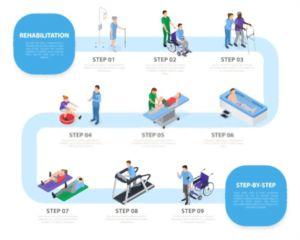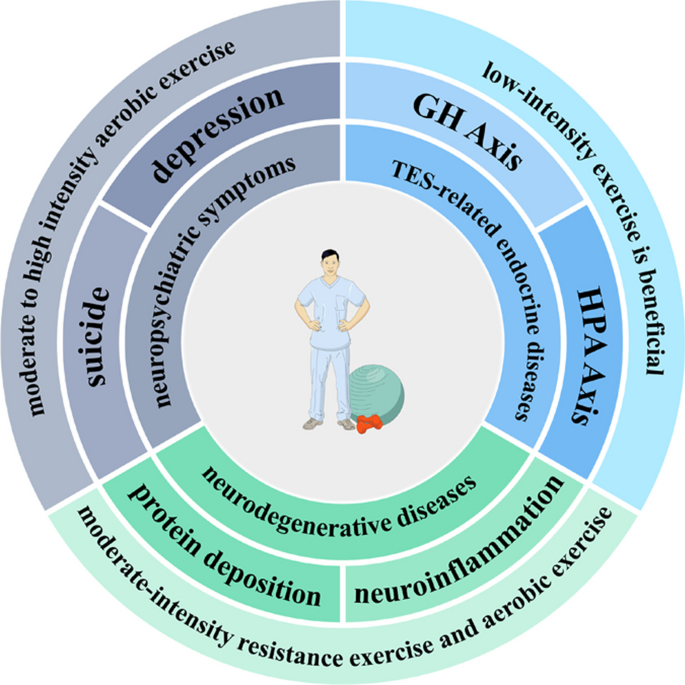Narconon Africa Things To Know Before You Buy
Get This Report about Narconon Africa
Table of ContentsFascination About Narconon AfricaHow Narconon Africa can Save You Time, Stress, and Money.The Only Guide for Narconon AfricaNot known Facts About Narconon AfricaNarconon Africa for DummiesOur Narconon Africa DiariesThe Main Principles Of Narconon Africa
In a collection of papers with Manudeep Bhuller and Katrine V. Lken, we get over these information obstacles and the nonrandomness of imprisonment, offering new insights right into how imprisonment impacts relapse, work, children, and criminal networks - Effective Alcoholic treatment. Figure 1 Our job studies the results of incarceration in Norway, a setting with two crucial advantagesWe can further connect this info to other relative, including youngsters and siblings. We have details on co-offending that enables us to map out criminal networks for observed criminal offenses. Second, we can leverage the random project of criminal instances to courts that vary in their tendencies to send out accuseds to jail.
Yet some judges send out accuseds to jail at a high price, while others are a lot more forgiving. We gauge a court's stringency as the ordinary incarceration rate for all other situations a judge manages, after controlling for court and year set effects, which is the degree of random job. This quasi-random task of judge stringency can be used as a tool for incarceration, as it highly anticipates the judge's choice in the current instance, but is uncorrelated with other case qualities both deliberately and empirically.
The Single Strategy To Use For Narconon Africa
Attributes of detainees, consisting of demographics and criminal activity classifications, are generally similar in Norway and other nations, including the United States, with the exceptions that the US homicide rate is a lot higher, and race plays a bigger role there. What attracts attention as different, specifically compared with the United States, is the prison system.
Number 2In Norway, the typical time invested behind bars is a little over six months, which is comparable to most various other Western European nations. This contrasts with average US prison time of almost three years, which is in big part the factor the USA is an outlier in its incarceration rate compared to the remainder of the world [Number 1]
The Of Narconon Africa
This gives a lot more separation in between minor and solidified bad guys than exists in the USA. There is no overcrowding in Norwegian jails and far better personal safety, with each prisoner being assigned to their own cell and a higher inmate-to-staff ratio than in the USA (https://za.enrollbusiness.com/BusinessProfile/6708867/Narconon%20Africa#). Prisons in Norway likewise use well-funded education, medication treatment, psychological health, and task training programs
Our research on the results of imprisonment on the culprit, utilizing the arbitrary job of courts as an instrument, yields three essential searchings for. First, imprisonment inhibits further criminal behavior. We locate that imprisonment decreases the probability that an individual will certainly reoffend within 5 years by 27 percent factors and minimizes the equivalent variety of criminal costs per person by 10 costs.
The Narconon Africa Statements
We discover sizable declines in reoffending likelihoods and cumulative billed criminal activities also after offenders are released from jail. Our 2nd result is that bias as a result of choice on unobservable individual qualities, if neglected, results in the wrong conclusion that time invested in prison is criminogenic. If we merely contrast criminal accuseds sentenced versus those not sentenced, we discover favorable organizations in between incarceration and succeeding crime.
This stands in comparison to our analysis based upon the arbitrary assignment of judges, which finds an opposite-signed result. Third, the decrease in criminal offense is driven by people who were not functioning before incarceration. Amongst these people, jail time enhances engagement in programs guided at improving employability and lowering recidivism, and this inevitably increases work and earnings while inhibiting criminal habits.

Imprisonment causes a 34 portion factor boost in participation in task training programs for the formerly nonemployed, and within five years their work price increases by 40 percent points. At the very same time, the likelihood of reoffending within five years is reduced by 46 percentage factors, and there is a decrease of 22 in the average number of criminal costs.
Some Known Details About Narconon Africa

A possible explanation for the distinction is that Norway's prison system differs markedly, both in terms of prison-term length and jail conditions, from the United States prison system. While understanding official source the results of imprisonment on the offender is an important first action, capturing spillover impacts is also important for reviewing criminal justice policy and making efficient prison systems.
An Unbiased View of Narconon Africa

Common the very least squares estimates reveal that kids of incarcerated papas are 1 percent point a lot more likely to be charged with a criminal offense, about a mean of 13 percent, and reveal no result on college qualities. Using our judge stringency instrument, we locate no statistical evidence that a dad's incarceration influences a kid's own criminal offense or college qualities, yet we are not able to rule out modest-sized effects.
4 Simple Techniques For Narconon Africa
We specify criminal groups based on network web links to prior criminal instances. When a criminal network member is incarcerated, their peers' chance of being charged with a future criminal activity lowers by 51 percentage factors over the following four years - https://www.pageorama.com/?p=narcononza12.